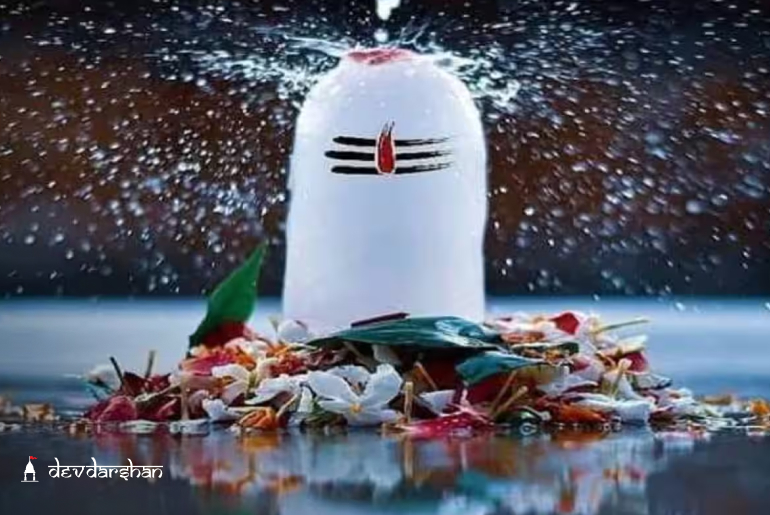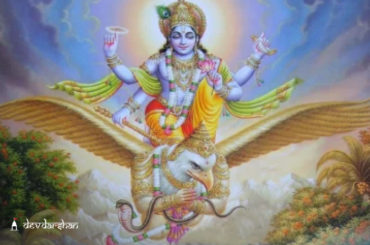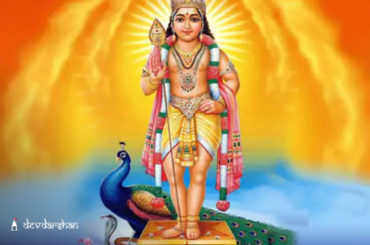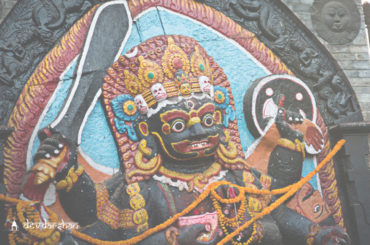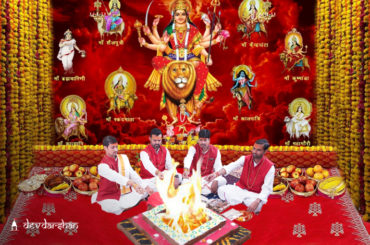Shravan Shivratri is typically observed during the Hindu month of Shravan (also known as Sawan), which falls between July and August in the Gregorian calendar.
Sawan Shivratri, also known as Shravan Shivratri, is a significant Hindu festival dedicated to Lord Shiva, one of the primary deities in Hinduism. It is observed during the month of Shravan (Sawan), which is considered highly auspicious for Lord Shiva’s worship.
Sawan Shivratri usually falls on the 14th night (dark fortnight) of the Hindu month of Shravan. It is believed that Lord Shiva performed his divine dance, known as the Tandava, on this night. Devotees fast and offer prayers to Lord Shiva, seeking his blessings and protection.
During the Sawan Shivratri festival, devotees visit Shiva temples, perform rituals, and offer flowers, fruits, milk, water, and other sacred items to Lord Shiva’s lingam (an abstract representation of the deity). They also observe fasting throughout the day and night, and some may choose to stay awake all night, engaging in devotional activities and chanting prayers.
Sawan Shivratri holds immense spiritual significance for Shiva devotees, who believe that observing this festival with devotion and sincerity can help purify the soul, seek blessings, and attain spiritual growth.
Also Read: Why Sawan Month is So Important for Hindus?
So, let’s get to know more about the Date, Rituals and Significance of Sawan Shivratri 2023.
Sawan Shivratri 2023: Date and Timings
This year, Sawan Shivratri will be observed on Saturday, July 15, 2023
- Nishita Kaal Puja Time: 12:07 a.m to 12:48 a.m, July 16
- Duration: 00 Hours 41 Mins
Next Day on 16th July, Sawan Shivaratri Parana Time: 05:38 a.m to 03:52 p.m
- Ratri First Prahar Puja Time: 07:17 p.m to 09:52 p.m
- Ratri Second Prahar Puja Time: 09:52 p.m to 12:27 a.m, July 16
- Ratri Third Prahar Puja Time: 12:27 a.m to 03:02 a.m, July 16
- Ratri Fourth Prahar Puja Time: 03:02 a.m to 05:38 a.m, July 16
- Chaturdashi Tithi Starts: 08:32 p.m on July 15, 2023
- Chaturdashi Tithi Ends: 10:08 p.m on July 16, 2023
- Shivratri fasting time on 16th July: 05:01 a.m to 03:03 p.m
Find Out Date and Muhurat of MahaShivratri 2023
Significance of Shravan Shivratri 2023
Shravan Shivratri holds great significance for devotees of Lord Shiva. Here are some key aspects of its significance:
Auspicious Month
The month of Shravan (Sawan) is considered highly auspicious in Hinduism, particularly for Lord Shiva. It is believed that during this month, Lord Shiva is easily pleased and grants blessings to his devotees. Shravan Shivratri is a special night in this sacred month.
Lord Shiva’s Worship
Shravan Shivratri is dedicated to the worship of Lord Shiva. Devotees observe fasts, visit Shiva temples, and offer prayers and offerings to seek his blessings. It is believed that sincere worship during this time can help devotees attain spiritual growth, protection, and liberation from the cycle of birth and death.
Commemorating Tandava
According to Hindu mythology, on the night of Shravan Shivratri, Lord Shiva is said to have performed his divine dance, known as the Tandava. This dance symbolizes the cosmic cycle of creation, preservation, and destruction. By observing Shravan Shivratri, devotees pay homage to Lord Shiva’s cosmic power and seek his divine grace.
Purification and Devotion
Shravan Shivratri is considered an opportune time for devotees to purify themselves physically, mentally, and spiritually. Fasting, meditation, prayers, and chanting of Lord Shiva’s mantras are believed to cleanse the mind and body, strengthen devotion, and enhance spiritual awareness.
Celebrating Shiva’s Grace
Devotees express their gratitude and reverence towards Lord Shiva on Shravan Shivratri. They acknowledge his role as the supreme deity who grants blessings, removes obstacles, and bestows grace and divine protection upon his devotees.
Overall, the significance of Shravan Shivratri lies in its association with Lord Shiva and the opportunity it provides for devotees to deepen their spiritual connection with him, seek his blessings, and experience spiritual growth and inner transformation.
Find out more details about Shravan Somvar Vrat
Shravan Shivratri 2023 Rituals
The festival is celebrated with great devotion by all men and women, especially worship Lord Shiva.
The puja rituals associated with Sawan Shivratri are as follows:
- Wake up on this sawan Shivratri day in Brahma Muhurta, that is, before sunrise around 5 a.m.
- Take a bath and wear clean and fresh clothes.
- Sprinkle Ganga Jal or holy water all over the house.
- Start the Puja with Lord Shiva Linga Abhishek.
- After Abhishek, worship Lord Shiva with Belpatra, Samitra, Doob, Kusha, Lotus, Neelkamal, Jawaphool Kaner, Rye flower, etc.
- Meditate in front of Lord Shiva or concentrate on Lord Shiva Linga.
- After meditation, worship Lord Shiva with ‘Om Namah Shivaya’.
- Offer Bhog to Lord Shiva and perform Aarti
- Later distribute prasad to all devotees.
These rituals and practices bring people together, fostering a sense of devotion, joy, and spiritual celebration during Shravan Shivratri.
Stay Tuned with Upcoming Pujas to Participate
Sawan Shivratri – End of Kanwar Yatra
The Shivratri of Sawan can also be said to be the end of Kanwar Yatra. Lakhs of devotees from different parts of North India, especially West Uttar Pradesh, Haryana and Delhi, participate in the Kanwar Yatra. Those who start their journey from Haridwar and Gaumukh with the holy Ganges water brought with them at their place of residence, perform Jal Abhishek of Lord Shivalinga in temples, especially on the day of Shivratri.
Shravan Shivratri Vrat Katha
There are several vrat kathas (mythological stories) associated with Sawan Shivratri. One popular vrat katha revolves around a poor hunter named Lubdhaka.
Once, there was a sincere devotee of Lord Shiva named Lubdhaka. Despite being a hunter by profession, Lubdhaka had a pure heart and was devoted to Lord Shiva. One day, while hunting in the forest, Lubdhaka found himself near a Bilva tree. Out of exhaustion and thirst, he climbed the tree and plucked some Bilva leaves to quench his thirst.
Unbeknownst to Lubdhaka, there was a Shiva Lingam (representation of Lord Shiva) beneath the Bilva tree. As he climbed down the tree, he unintentionally dropped the Bilva leaves on the Shiva Lingam. Lubdhaka’s actions, though not done with devotion, pleased Lord Shiva.
Impressed by Lubdhaka’s unintentional offering, Lord Shiva appeared before him and blessed him. The hunter was overwhelmed by this divine encounter and realized the significance of his actions. Filled with remorse for his previous life of hunting, he decided to give up his profession and dedicate his life to the worship of Lord Shiva.
Lubdhaka became an ardent devotee and observed a fast on the day of Sawan Shivratri to seek forgiveness from Lord Shiva for his past actions. He continued his devotion and spent his days chanting prayers and performing rituals in honour of Lord Shiva.
The vrat katha of Lubdhaka highlights the power of devotion and the forgiveness and blessings that Lord Shiva bestows upon his sincere devotees. It signifies the transformation that can occur when one turns away from negative actions and embraces a path of spirituality and devotion.
Devotees who observe the vrat of Sawan Shivratri often recite this story as a part of their rituals, expressing their commitment to Lord Shiva and seeking his forgiveness, blessings, and grace.
Check out various Online Puja and services provided by DevDarshan here and get your bookings done in one click. If you want to know more about Indian culture, Indian Temples, Pujas and festivals, then download the DevDarshan App. Don’t forget to share this blog if you liked.

